The accepted story of mid-20th century culture in Britain belongs to the boys: the British Invasion, Beyond the Fringe and the Angry Young Men, with women relegated to bit parts. Celia Brayfield’s book is a corrective to that. She gathers seven young female writers who made their debuts in the late 1950s and early 1960s, and proposes them as a parallel clique to the Angries.
Shelagh Delaney, Edna O’Brien, Lynne Reid Banks, Charlotte Bingham, Nell Dunn, Virginia Ironside and Margaret Forster never thought of themselves as a movement, but they ‘shared an inner place, the territory of girlhood,’ writes Brayfield. So far, so convincing — and her subjects have enough social range and personal incident between them, from Delaney’s Salford slums to the aristocratic Bingham’s Kensington, that any book about them would be going some to be boring.
It would be unkind to say that Brayfield has gone some. But it would be untrue to say that this is a book without its difficulties — structure being the most obvious. Rebel Writers consists of two parts. Brayfield begins by dissecting the works in thematic chapters (‘Class’, ‘Love’, ‘Motherhood’ and so on). Then she looks at their reception and social context; and the whole is bracketed by biographical sketches of the authors (their origins and later careers).
Because the same scene might well be relevant to multiple themes, Brayfield ends up revisiting certain passages several times in part one. When part two comes, it is left to the (by now slightly bored) reader to connect the fiction to the times. A more integrated critical group biography could have avoided such disjunct and repetition.
There are problems with the text, too. Most are annoying but cosmetic: there are a surprising number of typos, including one that renames Edna O’Brien’s Girls in their Married Bliss as Girls in their Married Bless. But a few undermine the scholarship: missing quote marks are a disappointing thing to find in a published book of criticism.
Brayfield also makes errors of fact, such as repeatedly implying that England and Wales now have no-fault divorce, and she’s occasionally guilty of deathly academicism (‘This chapter additionally considers…’). All this is frustrating, because these rebel writers have a perfect audience in the angry young women of the 21st century. They just need a champion who can match their fire and fluency.
Got something to add? Join the discussion and comment below.
Get 10 issues for just $10
Subscribe to The Spectator Australia today for the next 10 magazine issues, plus full online access, for just $10.
You might disagree with half of it, but you’ll enjoy reading all of it. Try your first month for free, then just $2 a week for the remainder of your first year.

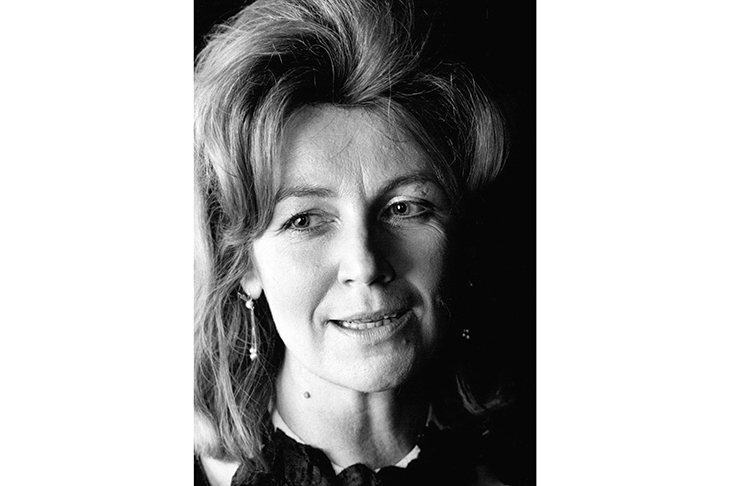
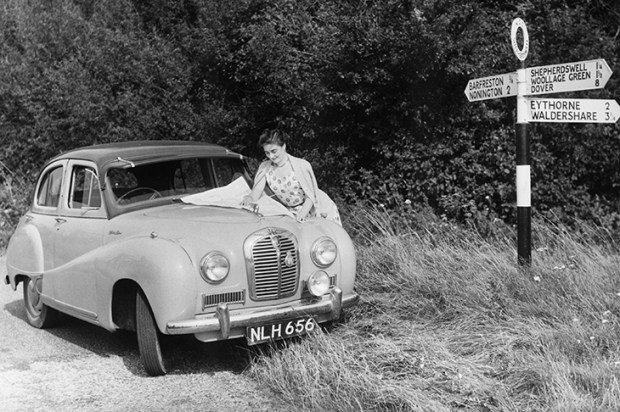
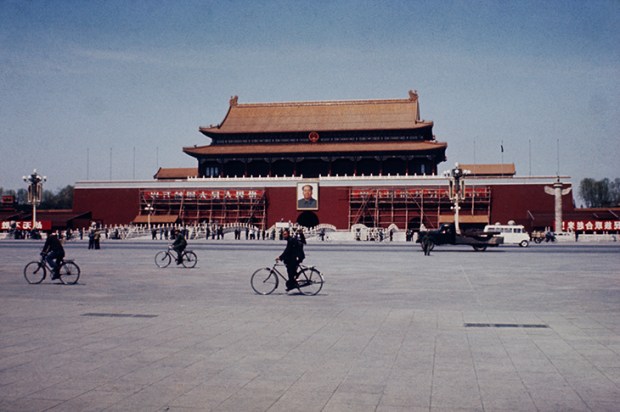
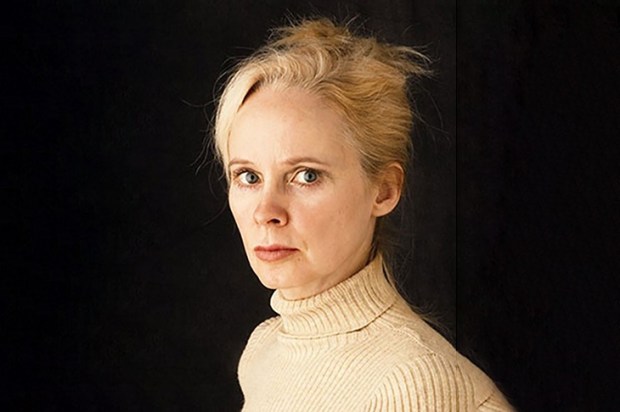

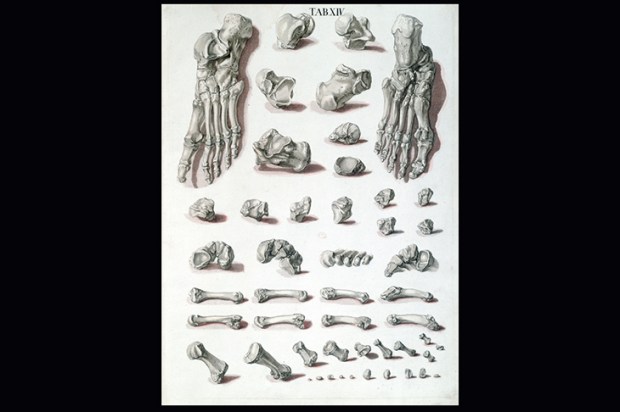
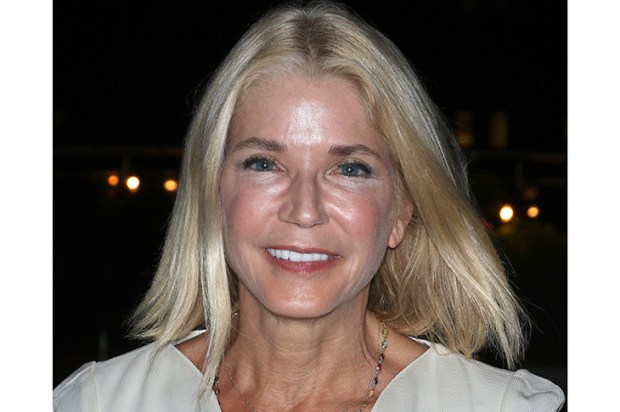






Comments
Don't miss out
Join the conversation with other Spectator Australia readers. Subscribe to leave a comment.
SUBSCRIBEAlready a subscriber? Log in